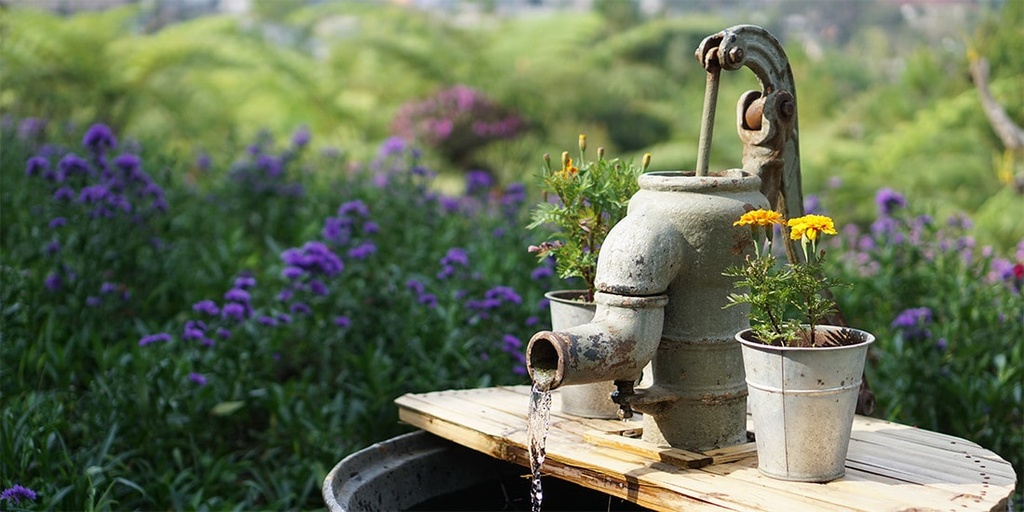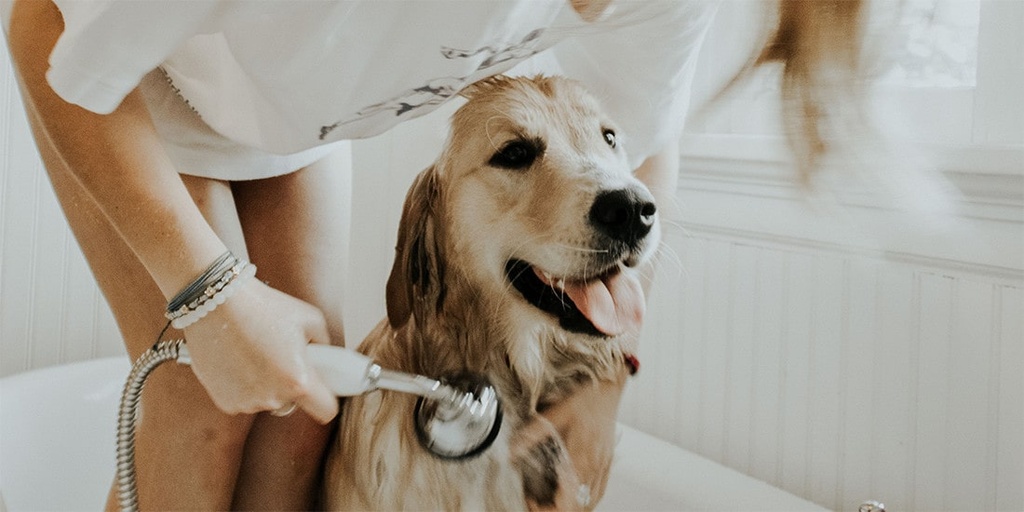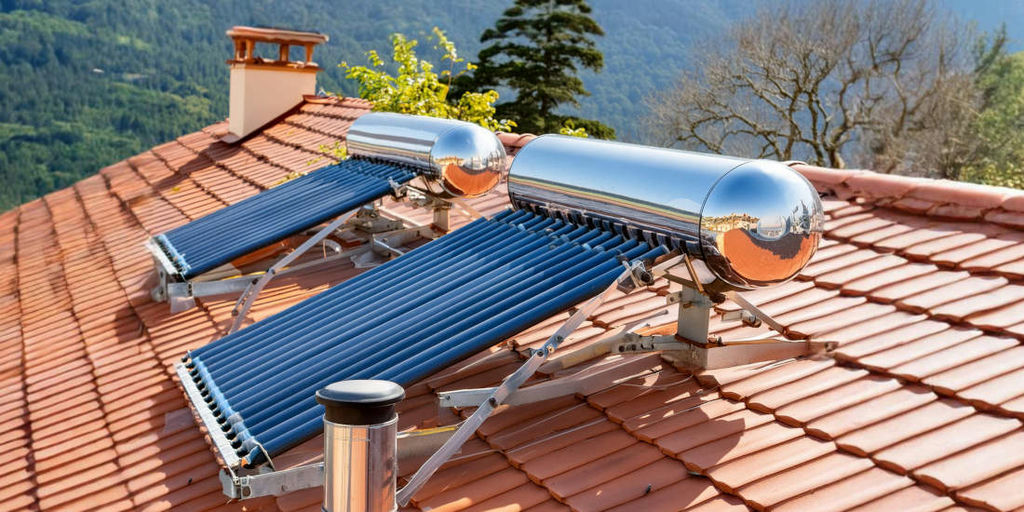Analyze your water use
- Earth Points
- 10
- Ease
- Medium

Photo by Fikri Asyid on Unsplash
Description
The use of water, but hot water especially, takes energy and causes emissions. Water use also will affect our ability to adapt to future droughts. Showers, laundry, and washing dishes, collectively account for a quarter of our residential energy use worldwide.
So, the question is, do you know how much hot water you use? Could you use less? This action focuses on you analyzing how much water you use so that you can start to think about how you want to act.
Tips
In our often intense daily routines, sometimes we do not stop to observe how we use our faucets and the lengths of our showers. So, now is a great moment to see your home with fresh new eyes! Here are ways to get the most value and comfort, while reducing your hot water use.
• First, start looking at and comparing your monthly water and energy bills, and keep track of the impact. In many cases they have specific metrics on exactly how much energy and water you are using.
• Next, inspect faucets for leaks. If there are leaks, think about repairing or replacing them. A leak of one drip per second accumulates to 20,000 liters each year and will cost you a lot of money.
• Some water utilities can set up an alert notification if your usage suddenly increases. Look into setting this up.
• Determine how long your showers are. Short showers (3–4 min) are better for the planet but figure out what works best for you.
• Or better yet, skip a shower each day, and shower every other day. It is probably healthier according to research.
• Do you turn off the faucet while washing your hands, brushing your teeth, or shaving? Some people do.
• Do you defrost food in the fridge or on the counter (good), not by using warm water (not as good)?
And so on. Start thinking of how you use water, and if you have a partner or roommate, ask them to help, and vice versa. Once you understand your behaviors you can begin to improve them.

